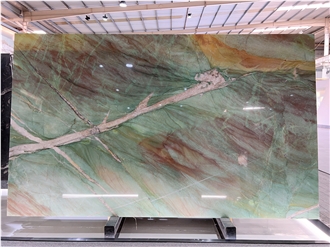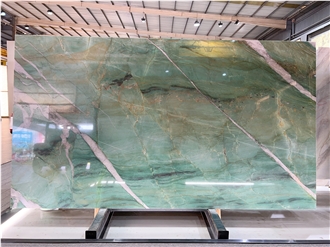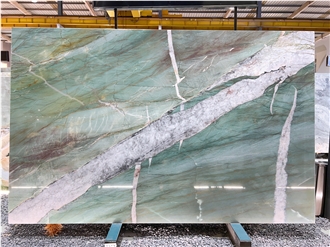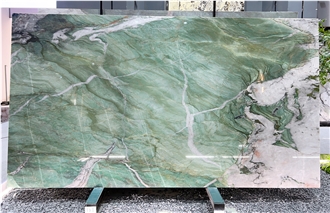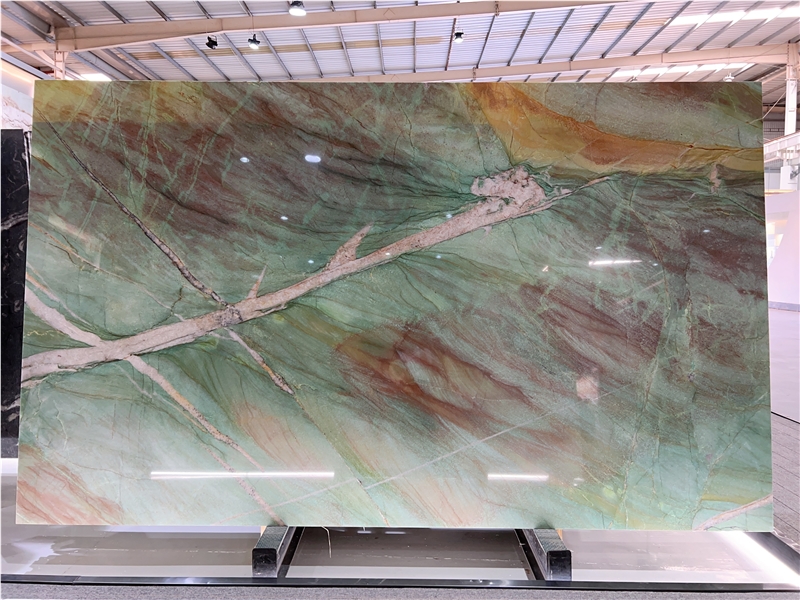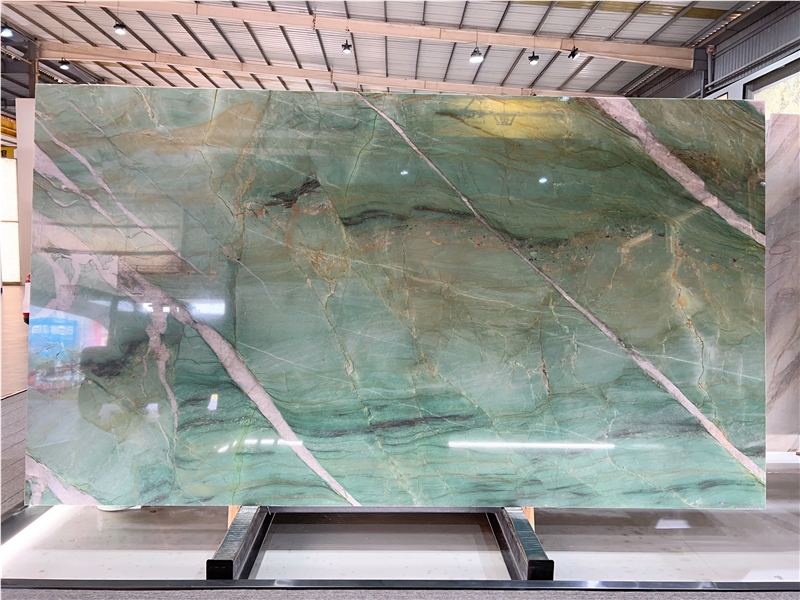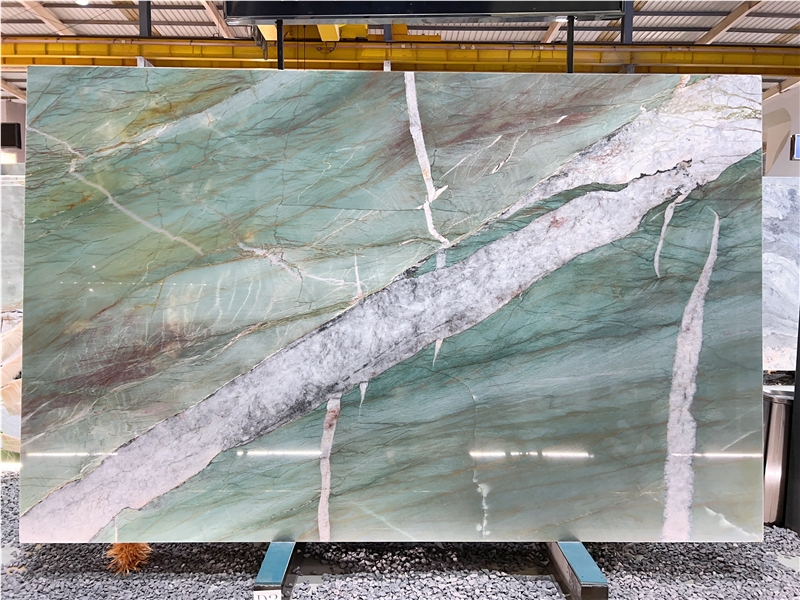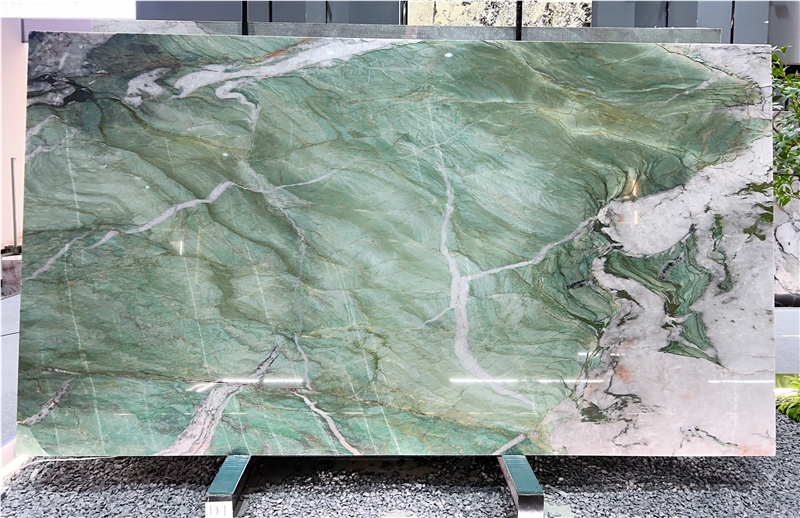Why does my Royal Green Quartzite countertop scratch easily?
There are several possible reasons why your Royal Green Quartzite countertop may be scratching easily:
1. Hardness: Quartzite is a natural stone that is formed from sandstone and quartz. While it is considered a fairly hard material, it is not as hard as granite or quartz, which are commonly used for countertops. This means that quartzite countertops may be more susceptible to scratching from sharp objects or heavy impacts.
2. Finish: The finish or polish applied to the surface of the quartzite countertop can also affect its scratch resistance. A honed or matte finish may be more prone to scratching than a polished or glossy finish, as the surface is not as smooth and reflective.
3. Maintenance: Proper maintenance and care of the countertop can also impact its scratch resistance. Using abrasive or harsh cleaning products, not using cutting boards, and placing hot pans directly on the surface can all contribute to scratches and damage.
4. Quality of the stone: The quality of the quartzite slab itself can also play a role in its scratch resistance. Lower quality or softer quartzite may be more prone to scratching than higher quality or harder varieties.
To prevent further scratching, you can consider using cutting boards when preparing food, using trivets or hot pads under hot pots and pans, and regularly cleaning and sealing the countertop to maintain its appearance and durability. If the scratching is severe or persistent, you may want to consult with a professional stone restoration specialist for advice on how to repair or protect the surface.
There are several possible reasons why your Royal Green Quartzite countertop may be scratching easily:
1. Hardness: Quartzite is a natural stone that is formed from sandstone and quartz. While it is considered a fairly hard material, it is not as hard as granite or quartz, which are commonly used for countertops. This means that quartzite countertops may be more susceptible to scratching from sharp objects or heavy impacts.
2. Finish: The finish or polish applied to the surface of the quartzite countertop can also affect its scratch resistance. A honed or matte finish may be more prone to scratching than a polished or glossy finish, as the surface is not as smooth and reflective.
3. Maintenance: Proper maintenance and care of the countertop can also impact its scratch resistance. Using abrasive or harsh cleaning products, not using cutting boards, and placing hot pans directly on the surface can all contribute to scratches and damage.
4. Quality of the stone: The quality of the quartzite slab itself can also play a role in its scratch resistance. Lower quality or softer quartzite may be more prone to scratching than higher quality or harder varieties.
To prevent further scratching, you can consider using cutting boards when preparing food, using trivets or hot pads under hot pots and pans, and regularly cleaning and sealing the countertop to maintain its appearance and durability. If the scratching is severe or persistent, you may want to consult with a professional stone restoration specialist for advice on how to repair or protect the surface.









